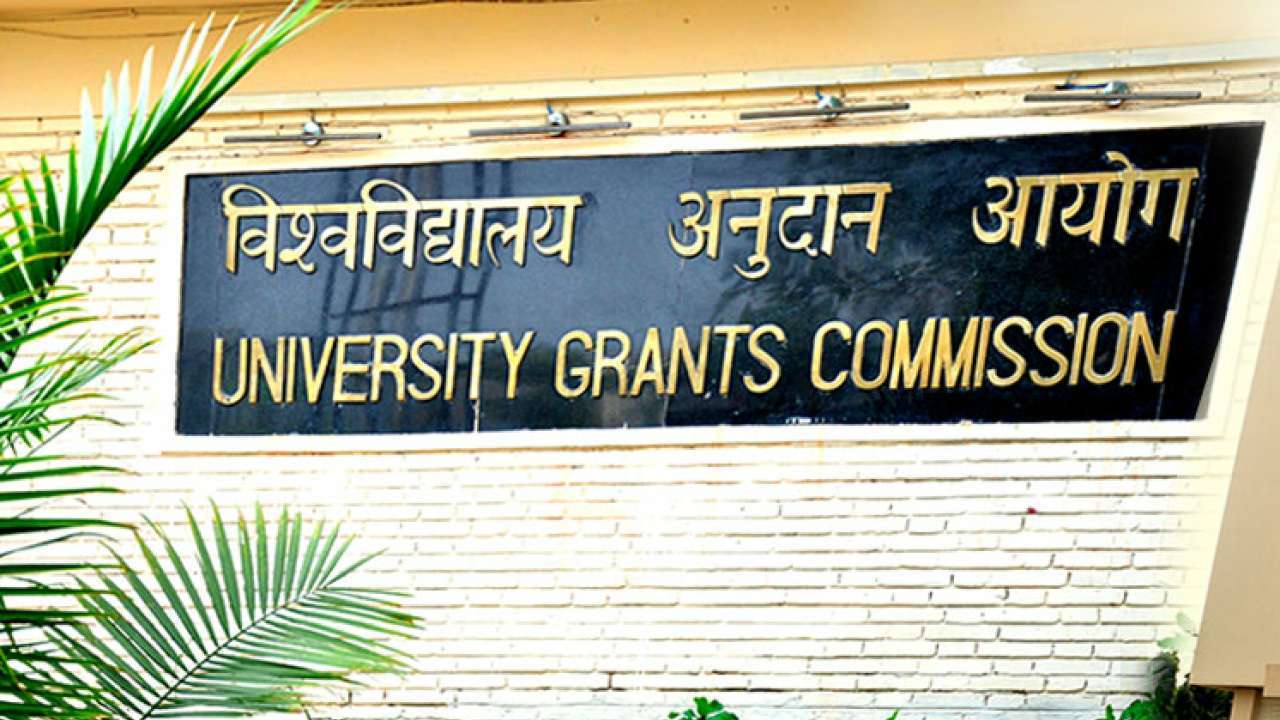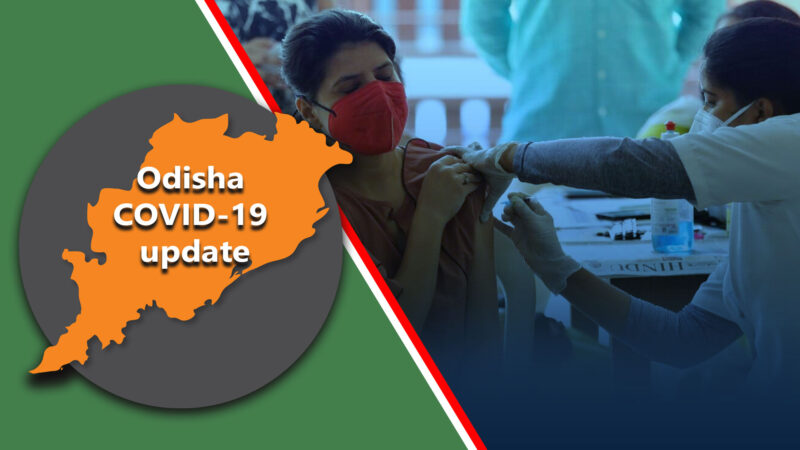OPSC’s Supreme Court Order Violation, UGC Writes To Odisha Govt.

Bhubaneswar, May 26: The University Grants Commission (UGC) has written to Odisha Public Service Commission and State Higher Education Department on violation of the Supreme Court order on Odisha Universities (Amendment) Act-2020.
UGC Secretary Prof. Rajnish Jain opposed appointment of Assistant Professors for Sociology and Commerce subjects that violates the stay order passed by the apex court in Special Leave Petition (SLP) of 2022 (University Grants Commission v. State of Odisha & Ors.
The University Grants Commission (@ugc_india) has asked the #Odisha government and Odisha Public Service Commission (OPSC) to abide by the #SupremeCourt‘s stay order on recruitment of teaching and non-teaching staff in universities. pic.twitter.com/C5eZdzIf9B
— IANS (@ians_india) May 26, 2022
The UGC has assailed the judgment dated January 24, 2022 passed by the Orissa High Court in Writ Petition (C), which had upheld the validity of the Odisha Universities (Amendment) Act-2020, by special leave petition before the Supreme Court of India.
These petitions were heard on May 20, 2022 and the Supreme Court was pleased to stay the operation of the impugned judgment for a period of three months, the letter read.
Despite the stay order granted by the apex court, the Odisha Public Service Commission, proceeded for recruitment to the post of Assistant Professor (Sociology) and Assistant Professor (Commerce).
“Since the recruitment of teachers/faculties by the Odisha Public Service Commission and that of non-teaching staff by the State Selection Board, is directly in issue in the aforesaid SLPs pending before the Supreme Court, the continuation of the recruitment process will be in the teeth of the stay order dated 20.05.2022 granted by the Hon’ble Supreme Court,” UGC Secretary said in a letter.
He urged the State Government to take note of the apex court’s order and refrain from undertaking any further step for recruitment of teachers and non-teaching staff adding, “the UGC also reserves all its rights to take appropriate legal remedy in this regard.”





